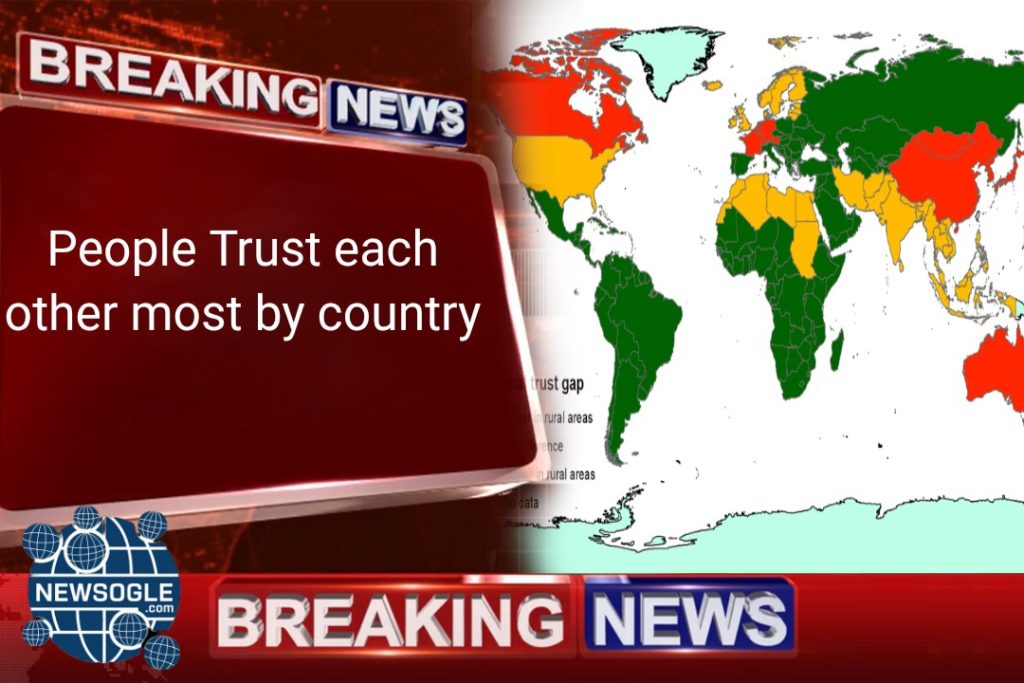
A new map and ranking from Visual Capitalist, utilizing survey data from 2022, reveals significant global disparities in interpersonal trust, defined as the percentage of adults who agree that “most people can be trusted.” The analysis, based on Integrated Values Surveys data, firmly places Nordic nations at the pinnacle of global trust, while conflict-prone and economically volatile regions report the lowest scores.
The Trusting Titans: The Nordic Model
The top tier of the ranking is overwhelmingly dominated by the Nordic region, reflecting their long-standing welfare systems, low levels of corruption, and highly transparent governments:
- Denmark leads the world, with 74% of respondents believing most people can be trusted.
- Norway follows closely at 72%.
- Finland (68%), Sweden (63%), and Iceland (62%) round out five of the top six most trusting countries globally.
Notably, China breaks the Western pattern, securing the 4th spot with a high trust score of 63%, making it the only non-Western nation in the top tier.
The Middling Anglosphere
English-speaking nations, including many Western European countries, occupy the middle ranks, often showing wide dispersion in scores attributed to varying levels of income inequality and political polarization:
- New Zealand leads the Anglosphere nations at 57%.
- Australia follows at 49%.
- The UK and the U.S. reported significantly lower levels of trust, at 43% and 37% respectively.
In Western Europe, while Switzerland and the Netherlands scored high (59% and 57%), major economies like Germany (42%) and France (26%) showed less faith in their fellow citizens.
Low-Trust Societies: Conflict and Volatility
At the bottom of the global ranking, chronic political instability, high crime rates, and economic volatility appear to be major factors eroding social cohesion.
Several Latin American nations registered the lowest scores:
- Peru (4%)
- Nicaragua (4%)
- Colombia (5%)
- Ecuador (6%)
Similarly, countries in the Middle East—including Egypt (7%), Lebanon (10%), and Iraq (11%)—reported very low levels of trust, reflecting decades of governance and conflict challenges.
Trust is widely considered the “social glue” that binds communities, strengthens institutions, and drives economic activity, suggesting these low-trust nations face significant social headwinds.

Aleda Kawis is the Professional Journalist and serving in the field since 2012. She keeps extensive experience as investigating journalist and media influencer.







